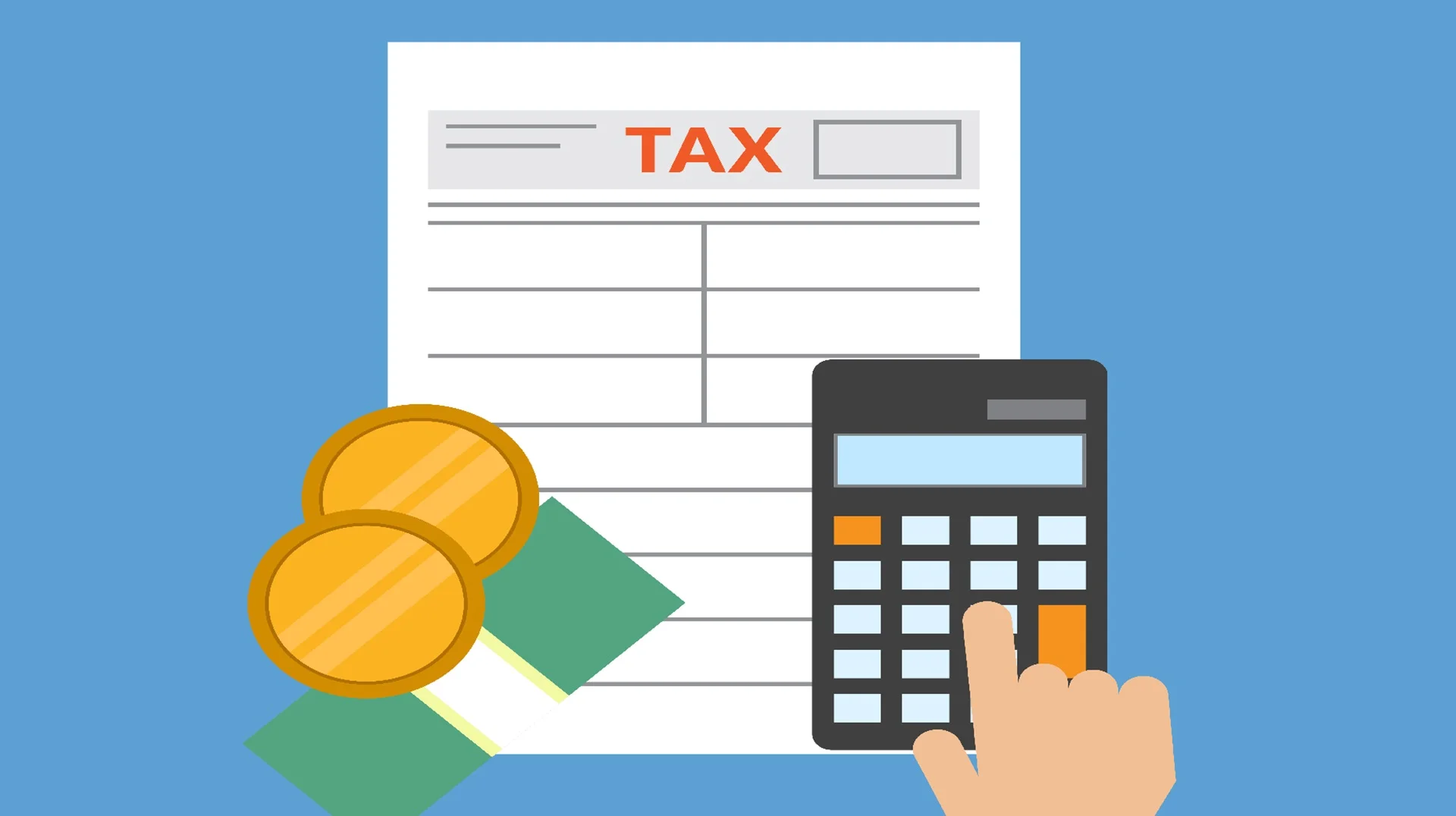In a tax deed property sale, the government auctions properties to recover unpaid taxes. These sales offer opportunities for investors and buyers—but they come with risks. Avoiding common mistakes can make the difference between profit and a financial setback.
Skipping Thorough Research
One of the biggest errors is skipping due diligence. Before the auction, research each property inside and out. Check for liens, condition, location, and market value. Don’t assume photos or basic listing details tell the full story.
Ignoring Local Auction Rules
Every county or jurisdiction has its own auction rules—timing, payment requirements, redemption periods. Ignoring these details can cost you. Read the rules thoroughly, attend a walkthrough, or contact local officials to ensure you understand the process.
Overestimating Property Value
It’s easy to get carried away at auction. Before bidding, determine your maximum price based on fair market value, repair costs, resale potential, and holding expenses. Avoid emotional bidding—it can quickly turn a savvy purchase into a loss.
Not Accounting for Back Taxes and Liens
Some auctions only clear county taxes, but other liens (such as IRS liens) may remain. Confirm what kinds of debts are wiped clean with the tax deed. Factor any remaining liabilities into your bid or walk away if the unknowns are too risky.
Failing to Inspect the Property
Inspecting a tax deed property isn’t always easy—access may be limited, or the home might be occupied. Still, you need to know its condition. Try drive-by visits, talk to neighbors, review inspection reports, or hire someone local to assess the property’s state.
Underestimating Renovation Costs
A fixer-upper can look attractive, but renovation costs can skyrocket. Get quotes for necessary repairs like roofing, plumbing, electrical, and foundation. Always add a cushion for unexpected issues like pest damage or mold.
Forgetting Holding and Carrying Costs
After purchase, you’ll still pay utilities, insurance, property taxes, maintenance, and potentially mortgage interest. These costs can quickly add up—especially if the property is vacant or in disrepair. Factor them into your profit margin.

Not Considering Market Conditions
A favorable market makes all the difference. If homes are slow to sell or prices are declining, you could sit on the property for months. Research trends in local real estate, supply and demand, and average days on market before buying.
Overlooking the Title Search
Some jurisdictions don’t automatically provide title searches with the deed. Always obtain a full title report to confirm ownership and uncover hidden claims. Legal surprises can derail your investment.
Missing Redemption Period Rules
A redemption period allows the original owner a set time after the auction to reclaim the property by paying taxes plus interest. Make sure you understand when this period ends, how long it lasts, and its effect on your ability to take possession or resell.
Going It Alone Without Help
Some investors do everything themselves, but help from professionals—title companies, real estate agents, inspectors, and attorneys—can prevent costly mistakes. An experienced team ensures thorough due diligence and a smoother process.
Overlooking Eviction and Occupied Property Issues
If the property is occupied—even by tenants or squatters—you may be responsible for eviction procedures after purchase. Legal eviction can be expensive and time-consuming; always investigate occupancy status and potential costs.
Mispricing Resale or Rental Strategy
Decide before bidding whether you’ll flip, rent, or hold long-term. Each strategy requires different financial planning. Flips need quick resale; rentals demand tenant-ready conditions. Align your purchase price with your exit strategy.
Ignoring Financing Options
Some buyers pay cash, but others use loans or partnerships. Understand your financing early. Unexpected funding issues can force a sale at a loss or loss of property to creditors. Pre-approval and contingency planning matter.
Basing Decisions Solely on Online Information
Photos, listing data, and auction descriptions can be incomplete or misleading. Complement online research with on‑site visits, conversations with locals, and physical inspections. Digital info should be just one part of your process.
Failing to Have a Backup Plan
Not every purchase goes perfectly. Title disputes, renovation delays, or market dips can happen. Always have a backup plan—reserve funds, alternative exit strategies, or legal advisors ready to help.
Forgetting About Tax Implications
Owning tax deed property comes with taxation issues. You may face capital gains tax if you flip quickly. Alternatively, long-term rentals create different tax reporting needs. Consult with a tax professional to manage liabilities and benefits.
Misjudging Time Commitment
Tax deed investing is not passive. It requires researching multiple properties, attending auctions, managing renovations, legal compliance, and possibly evictions. Be realistic about the time and attention required to do it right.
Not Networking With Local Experts
Local investors, real estate agents, and attorneys often possess insights you won’t find online. Attend auctions, join real estate groups, or connect with online forums. Their experience can guide you to avoid pitfalls and uncover hidden gems.
Overlooking Insurance Needs
After purchase, the property needs coverage. Many insurers won’t provide standard homeowners coverage until any occupancy or safety issues are resolved. Specialized policies for vacant or high-risk properties can cost more—budget accordingly.
Forgetting About Zoning and Code Issues
Properties may have zoning violations, code violations, or restrictions on use. Check with municipal agencies to ensure your intended use—flip, rental, or redevelopment—is legal.
Ignoring Competition at Auction
Auction participants range from seasoned investors to novices. Know your competition and their tactics. Aggressive buyers can push up prices quickly. Stay disciplined and adhere to your pre-defined bid limits.
Not Planning for Exit Strategy Flexibility
Even with a plan, circumstances may change. Rental demand can shift; renovation costs might overrun; investor interest may fade. Be flexible and ready to pivot your strategy based on evolving conditions.
Overpaying Because of FOMO
Fear of missing out can make even rational investors overbid. If you find yourself caught up in the auction heat, pause. Take a breath, reassess the numbers, and stay disciplined.
Failing to Track Your Portfolio
Once you own multiple tax deed properties, managing timelines, budgets, and tasks becomes complex. Use a system—whether a spreadsheet or specialized software—to track status, deadlines for redemption, repairs, tenants, and resale.
Skipping Professional Inspections
Beyond physical inspections, consider structural, pest, and environmental assessments. On older properties, asbestos, lead paint, or mold issues can cause serious trouble if overlooked.
Neglecting Local Economic Trends
Think beyond real estate—local job growth, population trends, and infrastructure development affect property values. A region in decline might offer cheap entry, but also risk of stagnation.
Underestimating Legal Fees and Court Costs
Budget for attorneys, filing fees, eviction hearings, and other legal processes. These costs can erode profits quickly if not anticipated from the start.
Forgetting to Register and Attend Auctions Properly
Some counties require advance registration, deposits, or specific attendee credentials. Missing registration deadlines can lock you out of priority bidding—or the auction entirely.
Not Verifying Auction Schedule Changes
Auctions can be postponed or canceled due to weather, holidays, or administrative delays. Double-check schedules beforehand to avoid unnecessary travel or missed opportunities.
Overlooking Title Insurance Options
Once you obtain the deed, you may still want title insurance to protect against hidden defects. Compare costs of a policy against potential risks—insurance may be a small price for peace of mind.
Misunderstanding State-Specific Laws
Every state—and sometimes every county—has unique laws about tax sales, redemption rights, bidder procedures, and property transfer. Know the legal framework in the place you’re investing.
Neglecting to Stay Educated
Tax deed investing is complex and ever-evolving. Legislation changes, market dynamics shift, and new strategies emerge. Regularly read, attend webinars, and connect with trusted sources.
Final Thoughts
Tax deed auctions offer compelling opportunities, but only for informed, disciplined buyers. Avoiding these common mistakes—thorough research, realistic pricing, professional support, legal compliance, and strategic planning—puts you ahead of the game. Whether you’re flipping, renting, or building a long-term portfolio, a thoughtful, methodical approach maximizes your chances of success.
By using this guide on tdhunter.com, you’ll navigate tax deed property sales more confidently—and avoid the pitfalls that trap countless others.






Join The Discussion